
“…and you had to attend college to learn how to measure someone’s urine?” – A classic example of a response that I often receive from people who have no clue as to what my roles, responsibilities, or knowledge base consists of as a Registered Nurse.
Over the past five years as a nurse, it has been extremely frustrating to hear both healthcare providers and members of the public, make generalized statements about what nurses do, the amount of training and skills we possess, and how much we contribute to the overall process of caring for patients, in and out of a hospital setting.
This blog will provide more insight to the vast roles and responsibilities of nursing, and will hopefully give nursing additional recognition and respect from those individuals who may think that nurses simply follow doctor’s orders, give medications, and wipe butts.
What Do Nurses Really Do?
Nurses develop an individualized plan of care, working collaboratively with physicians, therapists, the patient, the patient’s family and other healthcare team members, that focuses on the prevention of illness, treatment of acute health issues, and managing chronic or end-stage diseases to improve the quality of life for the patient and their family members. Advanced practice nurses, such as clinical nurse specialists and nurse practitioners, diagnose health problems and prescribe medications and other therapies, depending on individual state regulations. Nurses help coordinate the patient care performed by other members of the interdisciplinary health care team such as therapists, medical practitioners and dietitians. Nurses provide care both interdependently with physicians and independently as nursing professionals.
The Science of Nursing: Knowledge and Skill Set
Prior to beginning specialized nursing training in a core nursing school program, all nursing students are required to take the following college courses: English 101, Sociology 101, English Composition, Public Speaking, 3 Humanities Courses of choice (I took American Sign Language, Emerging Global Perspectives, and Holistic Wellness) Psychology 101, Life Span Development Psychology, Statistics, 1 College Level Math Course (Algebra, Ideals in Mathematics, etc.), Chemistry 101 and Chemistry Lab 102, Life Biology, Anatomy and Physiology I and II with associated labs, Microbiology with associated lab, Pharmacology, Pathophysiology, Nutrition for Healthcare Professionals, and Medical Terminology.
After passing the above courses with a minimum of a 3.0 GPA, scoring well on the TEAS test (Test of Essential Academic Skills), Passing a Medication Dosage Examination that includes conversions between English and Metric units, passing a federal background check, and a drug screen, you can then apply to a nursing program. Assuming that you are accepted, a minimum of two years of specialized nursing training will follow.
For my particular nursing program, I started with “Fundamentals of Nursing”. That semester included learning about the history of nursing, the basics of patient data collection through interviewing and assessment, learning how to safely and effectively use healthcare equipment, as well as nursing’s role in the healthcare setting, the community, and in healthcare legislation and reform. Most importantly, we learned about the scientific approach a nurse takes to make decisions regarding safe patient care, which is also known as the nursing process.
The Nursing Process – is a five-part systematic decision-making method that focuses on identifying and treating responses of individuals or groups to actual or potential alterations in health. The process includes assessment, nursing diagnosis, planning, implementation, and evaluation. The first phase of the nursing process is assessment, which consists of data collection via interviewing, physical examination, and observation. This requires collection of both objective and subjective data. The second phase is nursing diagnosis, a clinical judgment about individual, family, or community nursing responses to actual or potential health problems/life processes. This provides the basis for selection of nursing intervention to achieve outcomes for which the nurse is accountable. The third phase is planning, which requires establishment of outcome criteria for the patient’s care. The fourth phase is implementation, also known as intervention. This phase involves demonstrating those activities that will be provided to and with the patient to allow achievement of the expected outcomes of care. The fifth and final phase is evaluation. Evaluation requires comparison of the patient’s current state with the stated expected outcomes, and results in revision of the plan of care to enhance progress toward the stated outcomes that were determined earlier in the planning phase.
After learning about what nursing is, and how nurses systematically make decisions regarding patient care, we then began taking courses that went into great detail regarding the nurse’s role in the following concepts: managing diseases, providing interventions and treatments, effective and safe medication administration, and how to provide patient education. We also learned how to be a patient advocate, about healthcare law and our responsibilities (such as reporting suspected abuse or neglect), and how to safely perform all hands-on skills in a laboratory. To provide the most exposure, and to appropriately evaluate our competency level, we spent a minimum of 192 hours each semester in a clinical setting practicing our learned theory and skills with patients and their families.
Our nursing education also includes Life Span Nursing Considerations (from pregnancy to end of life), Spiritual and Mental Health, and all commonly seen diseases/disorders/dysfunctions in the following medical specialties: Neurology, Cardiology, Pulmonology, Gastroenterology, Urology, Immunology, Dermatology, Obstetrics, Osteology, Kinesiology, Oncology, Orthopedics, Pain Management, Pediatrics, and Otorhinolaryngology (aka ENT). We also learn about the different patient care settings throughout the entire healthcare spectrum: homecare, long-term care, sub-acute rehab, emergency department, infusion center, operation room, post anesthesia care unit (PACU), intensive care unit (ICU), intermediate care unit (IMCU), labor and delivery, post partum, inpatient psyche unit, neonatal intensive care unit (NICU), palliative and hospice care areas.
We learn about all possible diagnostic studies and how they are performed. Examples include how CT scans work, what a patient should expect in a MRI machine, how to collect blood and other bodily fluids for laboratory processing, and how to prepare patients for procedures with what they can expect during an echocardiogram or a cardiac catheterization. We learn about all common surgical procedures (i.e. total hip replacement, pacemaker insertion, bowel resection, cosmetic surgery, amputation, eye surgery, laminectomy, etc.) and the specific precautions and considerations that are required for a safe and healthy recovery. To put it shortly, nursing school prepares us for every possible patient encounter known to date.
After all that schooling, proving our worth to our nursing professors, and demonstrating competent patient care for our clinical instructors, we then have to pass the NCLEX-RN (National Council Licensure Examination) before we are awarded our state license to practice. This exam measures our ability to critically think, provide sound nursing judgment, and maintain the highest standards for patient safety.
The Art of Nursing: Creatively Making it all Work
 The art of nursing can be described as an ability to connect with those around us. Like other more fashionable art forms, nursing can be dramatic, inspirational, comedic, relaxing, comforting, joyful, and even sad. Nursing is also creative, existential, and has an organic rhythm. This intangible connection and unequivocal ability for nurses to establish a trusting relationship with their patients can create an environment of healing – one that allows patients to fully participate in their own recovery process. Nurses artistically teach, support, communicate, medicate, and coordinate patient-care events based on individualized patient needs. Nurses are patient advocates who provide comfort to our patients and their families, often demonstrating compassion, empathy, and sometimes, tough love.
The art of nursing can be described as an ability to connect with those around us. Like other more fashionable art forms, nursing can be dramatic, inspirational, comedic, relaxing, comforting, joyful, and even sad. Nursing is also creative, existential, and has an organic rhythm. This intangible connection and unequivocal ability for nurses to establish a trusting relationship with their patients can create an environment of healing – one that allows patients to fully participate in their own recovery process. Nurses artistically teach, support, communicate, medicate, and coordinate patient-care events based on individualized patient needs. Nurses are patient advocates who provide comfort to our patients and their families, often demonstrating compassion, empathy, and sometimes, tough love.
The art of nursing is continuously in play, and after some practice we are able to just ‘know’ what to do to meet a patient’s emotional needs: when to hold a patient’s hand, stroke their brow, crack a joke, or even just sit and listen. Most of this is being accomplished simultaneously during each patient interaction. We are held accountable to effectively orchestrate meeting all of the needs of a patient, while ensuring that the following tasks and duties are being accomplished:
- Perform physical exams and health histories
- Identify risks for falling, developing pressure ulcers, or other risks that may contribute to patient harm
- Collect patient specimens (blood, feces, urine, sputum, etc.)
- Measure patient data (vital signs, weight, height, intake and output)
- Provide health promotion, counseling and patient education
- Administer medications, perform wound care, and numerous other personalized interventions
- Interpret patient information and make critical decisions about needed actions
- Coordinate care, in collaboration with a wide array of healthcare professionals
- Direct and supervise care delivered by other healthcare personnel like LPNs and nurse aides
- Conduct research in support of improved practice and patient outcomes
- Document all patient data, interventions and patient outcomes in the patient’s EMR (electronic health record)
- Manage nursing unit operations and flow
- Maintain annual continuing education modules and certifications
- Train new employees, and precept nursing students
and the list goes on, and on…
Nurses do so much more than help people eat, pee, poop, and bathe. For those of you who have been a patient that required nursing care, we do more than give out medications, measure vital signs, collect your bodily fluids, and ask you 100 questions. We are there to help. We are there to protect you from harm. We are there to collect and interpret all of your data so that healthcare decisions can be made by the entire interdisciplinary team to help you get well, manage your chronic disease, or die comfortably with respect and dignity.
As you can see, nursing is a complex, multifaceted, and holistic discipline – much like people. Thank goodness for you and your family that we have the knowledge and skill set necessary to embrace your individuality and create a plan of care that will keep you safe, communicate your needs, help you get well, teach you the information you need to make informed decisions regarding your health, and provide you with the emotional support you and your family needs during your time with us.
Nursing is very rewarding, and many of us love what we do. My only request is that you give us the recognition that we deserve.
Best Wishes!
-Damion
*Please share your own experiences, thoughts and understandings by clicking the “Leave a Comment” link or by entering into the “Leave a Reply” box below*


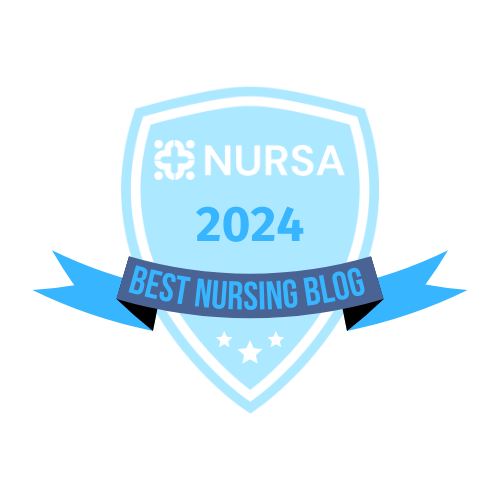

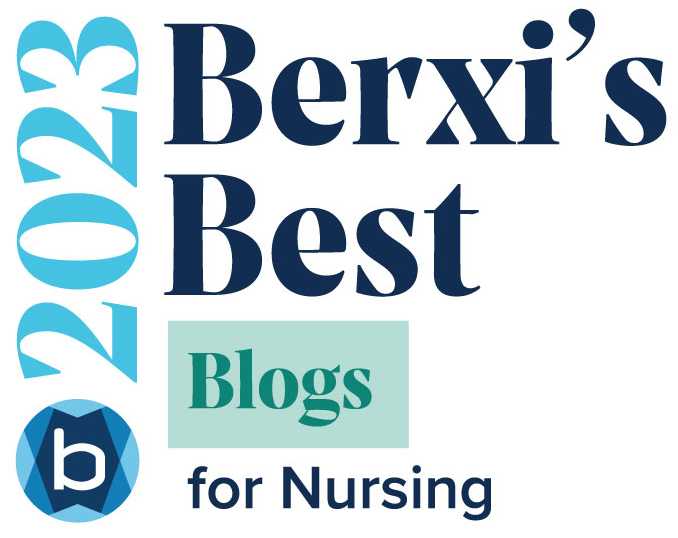
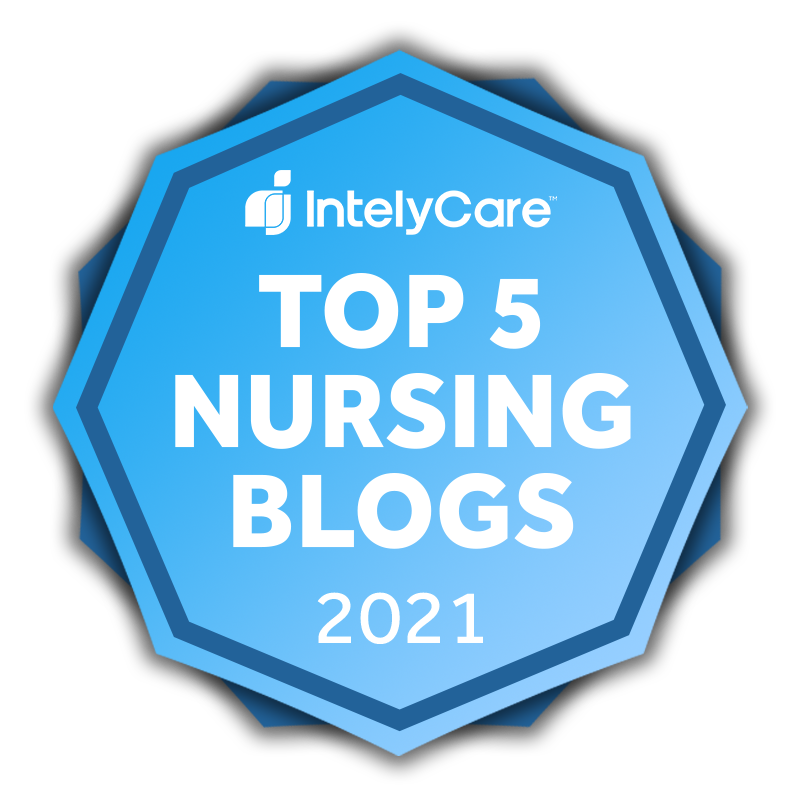
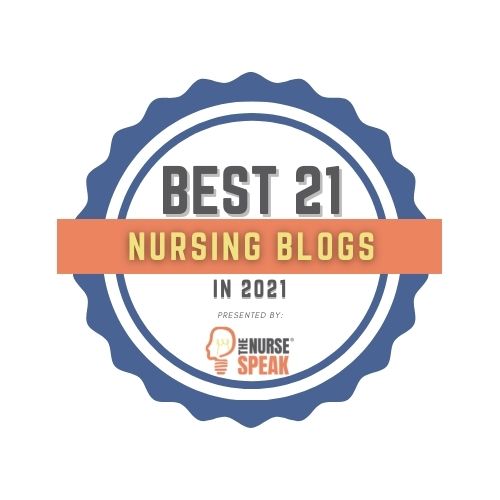
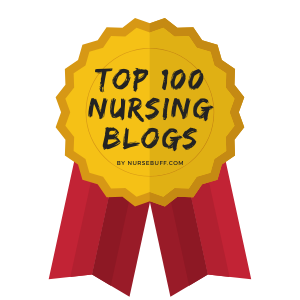
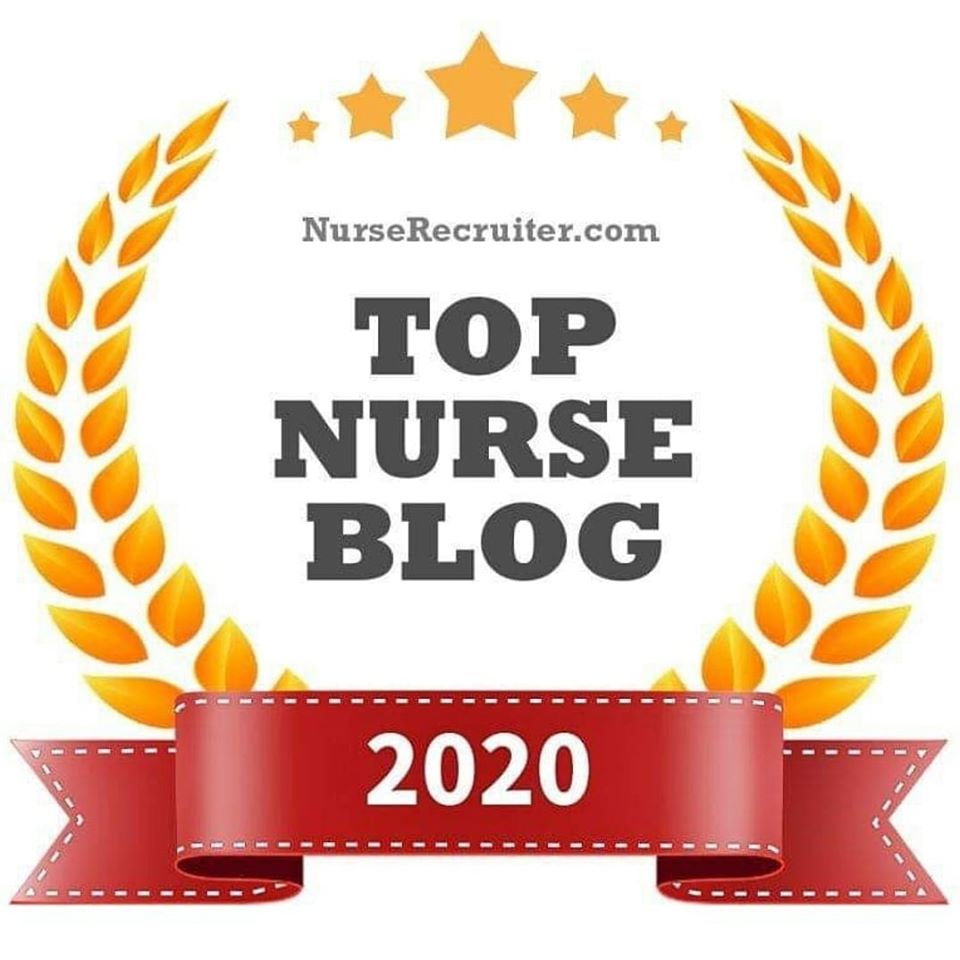
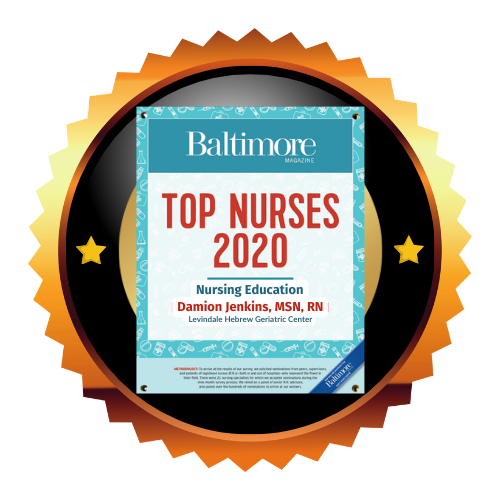

The nursing profession can easily become undermined by patients because the physicians get all the credit. Do not get me wrong, we need the physicians for their vast skills and diagnostics, however, they are not with each patient around the clock, and many of the orders they place are coming directly from recommendations made by nursing staff. We, as nurses have the ability to see what no other portion of the healthcare team sees, because we are there the most and have the broadest interaction with our patient on every level. We not only address their physical needs, but we are in tune to their social needs, emotional needs and so much more.
Emily,
Thank you so much for adding to this discussion! You are 100% correct in that we are involved in so many aspects of patient care. Thank you again for your contribution, and feel free to share with everyone you know!
Best Wishes,
-Damion